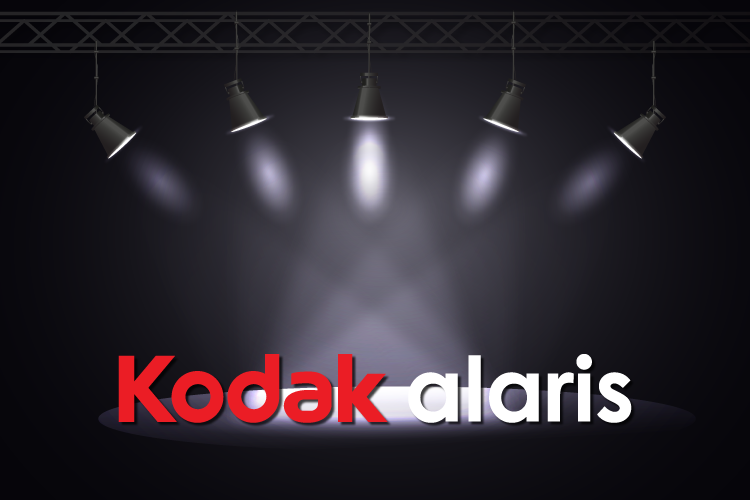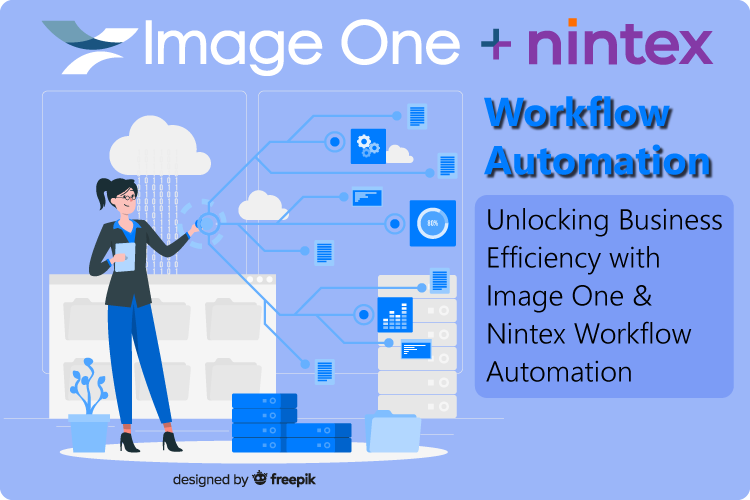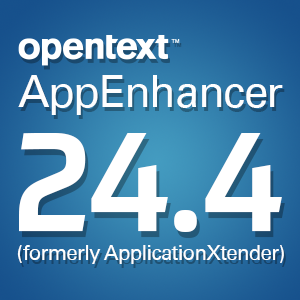City boards go paperless to save time and money
Friday, May 31, 2013City officials have been embracing electronic document management technologies in an effort to minimize costs from paper resources and relieve staff of the time-consuming administrative burdens that come with assembling, organizing and sending documentation.
The Union Leader reported that Nashua, N.H, Board of Aldermen President Brian McCarthy, recently proposed paperless initiatives for the upcoming year. McCarthy has drafted an ordinance regarding the issue, which if approved by the board, will provide the capability of electronically accessing and submitting necessary information for the aldermen. He emphasized that promoting the use of electronic documents can significantly reduce the costs that the board spends on paper-related items.
McCarthy's proposal will give aldermen the option to choose between three methods of paperwork distribution, The Union Leader noted. If approved, members of the board will be able to use a city-owned tablet that could be used to view city agendas, meeting minutes, presentations, emails and other information that is necessary for everyday duties. An alternate option will be that aldermen use a personally owned electronic device, as long as it meets any requirements that the IT division director may develop. Lastly, members will still have the opportunity to receive materials through traditional paper distribution.
"Even if we replace the tablets every two years, which could be about $3,700, at that rate our paper bills are actually twice that amount. I think we can do a better service at less cost," McCarthy stated, according to the Union Leader.
Convenient accessibility
McCarthy asserted that it will be useful for the aldermen to have quick access for referring back to previous meeting minutes from their tablets. He also pointed out that the city's website is updated more frequently than printed copies of files, as electronic versions are more easily revised.
According to The Fairbault Daily News, administrator Brian Anderson is also pushing to cut costs and increase efficiency at the Fairbault, Minn., council and city hall by upgrading to a digital system. At a recent joint committee meeting, he suggested that the city switch to paperless meeting packets and purchase iPads for viewing and editing these documents in a PDF format. Deputy city clerk Carole Luczak stated that she often spends up to three hours per week assembling packets for the council.
"Think about how some of our projects have 200-300 page packets," Anderson explained, the news source reported. "You can save and search through all your meetings and your notes in one device."
Beyond reducing costs, making the paperless transition can fuel staff productivity and free up more time for innovation as opposed to unnecessary manual labor.
Brought to you by Image One Corporation providing complete information governance since 1994.




